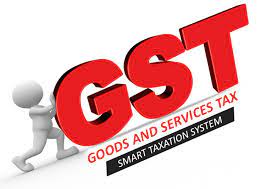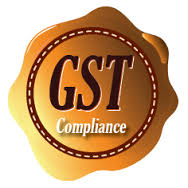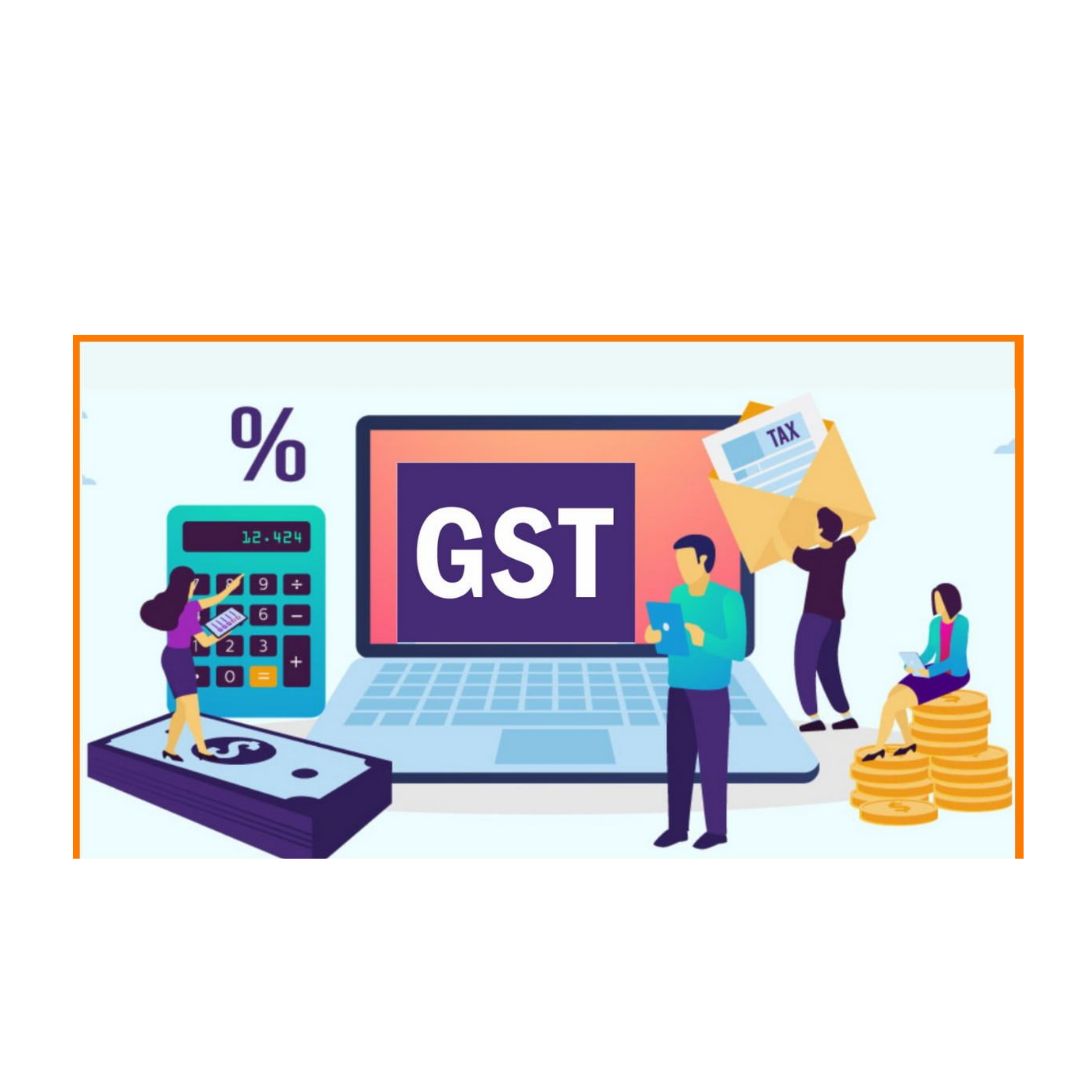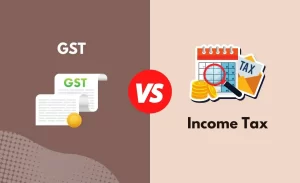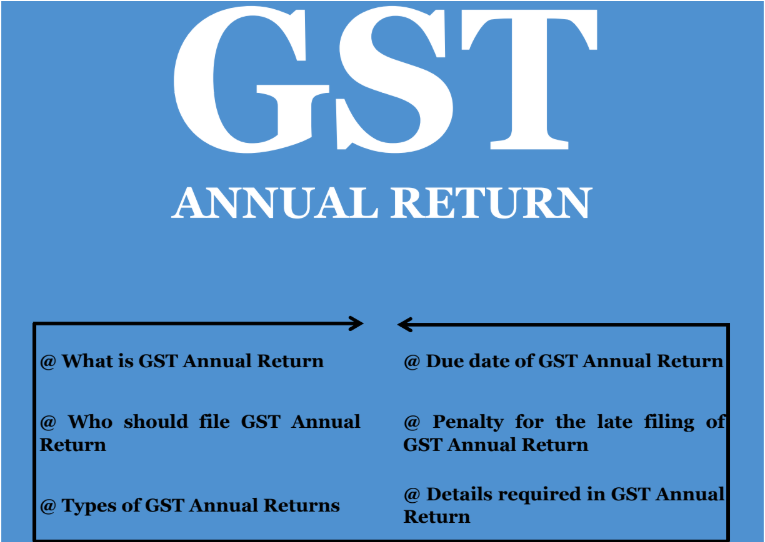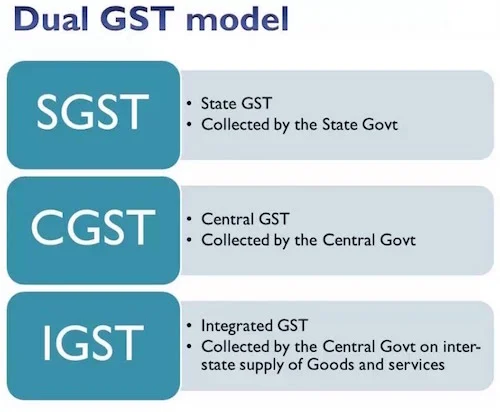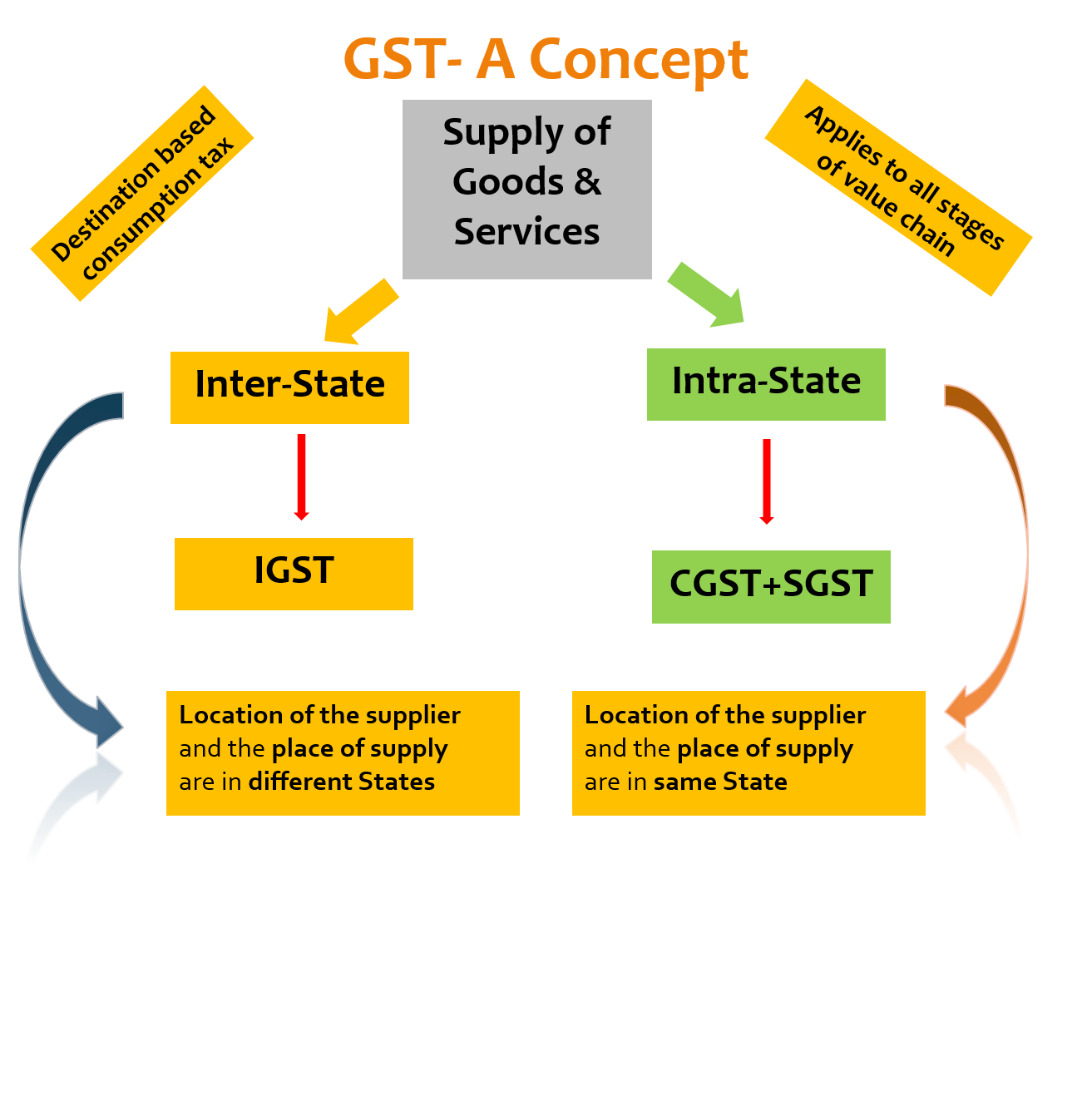Difference between 80C vs 80CCD: Why is the difference between 80C and 80CCD in the Income Tax Act?
Difference between 80C vs 80CC Difference between 80C vs 80CCD: Section 80C and 80CCD of the Income Tax Act, 1961 offer tax deductions to individuals on specific investments in financial instruments. Under Section 80C, individuals can claim a deduction of up to Rs. 1.5 lakh for investments in various financial instruments such as PPF, ELSS,… Read More »

